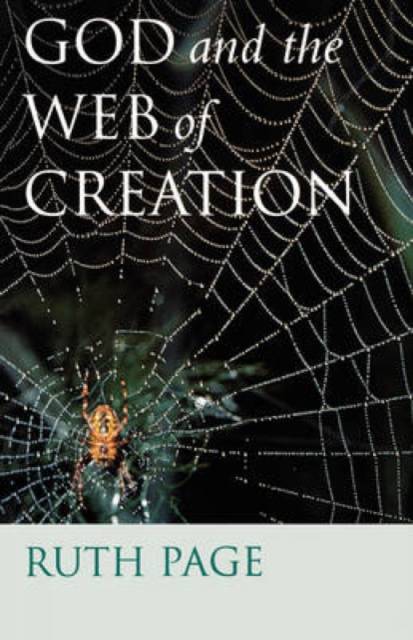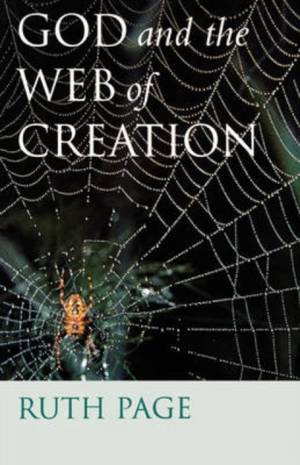
- Retrait gratuit dans votre magasin Club
- 7.000.000 titres dans notre catalogue
- Payer en toute sécurité
- Toujours un magasin près de chez vous
- Retrait gratuit dans votre magasin Club
- 7.000.0000 titres dans notre catalogue
- Payer en toute sécurité
- Toujours un magasin près de chez vous
Description
The ongoing ecological crisis keeps raising important questions for traditional Christian theology. If belief in God as creator means not only that God created the world in the first place but is involved in all that goes on in it, valuing creation and desiring its good, what form does divine action take in the world of today? Surely, for Christian belief, God cannot just be a distressed but helpless onlooker while human beings are exhorted to get on with what has to be done? Furthermore, what in the light of God's relation to the world, is the relation of human beings to non-human creation? Central to Dr Page's book is the view that there is too much anthropocentricity in doctrines of the creation, so that the world of nature is too often seen as it relates to human beings and not in its own right. She argues that a rethinking of fundamental doctrine is needed, if only as penance for what Christian doctrine has allowed human beings to get away with. Her new approach begins with the view that what God created was possibility, a more important characteristic of the world than has ever been acknowledged. All creation, not just the human world, is by its very being a response to the divine gift of possibility. Every creature, from the tree frog to the cheetah, lives in God's presence and has it own relationship with God, to whom it is all valuable and intimately known. Against this background, not only the doctrine of creation but the whole question of human ethical conduct takes on a new form, and any vision of eternity must be kaleidoscopic enough to include the whole web of creation.
Les avis
Nous publions uniquement les avis qui respectent les conditions requises. Consultez nos conditions pour les avis.







